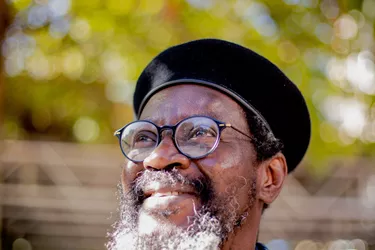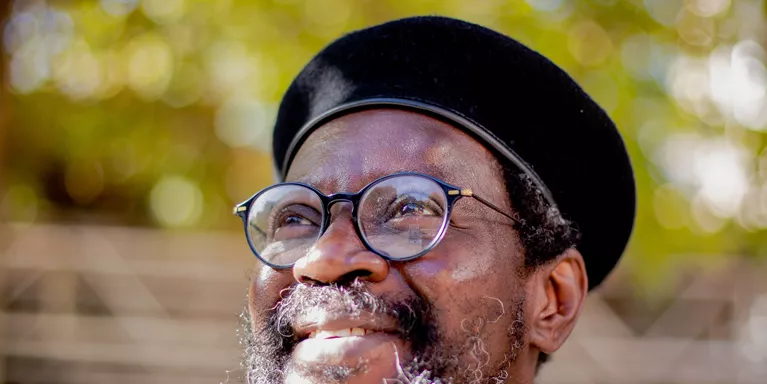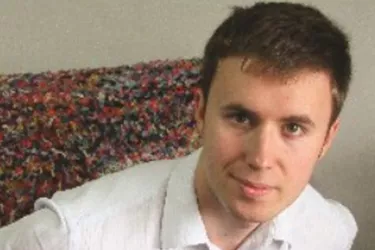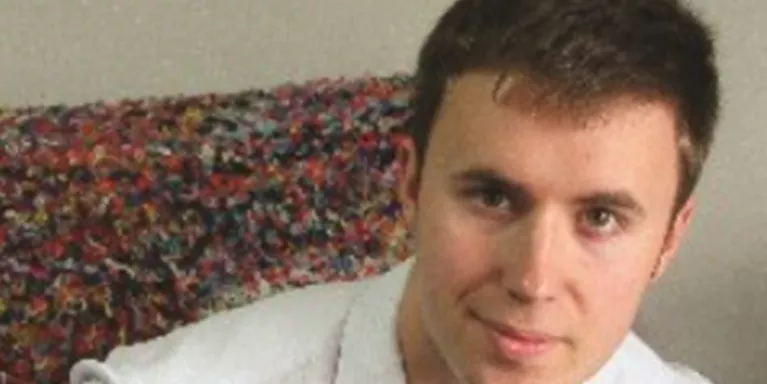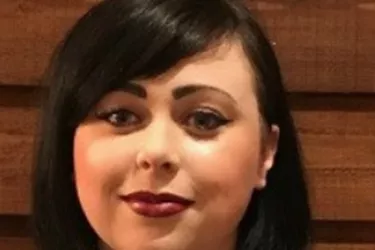Schizophrenia: What I wish someone had told me
Mike hopes that sharing his story will help others cope with their diagnosis of Schizophrenia
I was in college, trying to make friends and be part of any group. At 20 years old, it didn't occur to me that I could be seriously ill. I thought schizophrenia is a mental condition only old people have. I was wrong. I was schizophrenic and I had to fully understand what this means. At first, everything seemed terribly different. Luckily, I had a pretty strong support group (family, old friends, a therapist) but as time passed, I realized that nobody knew what I was experiencing. I hope sharing my story will help others cope with their diagnosis.
When I received my diagnosis, it felt like any chance I may have had at a normal life was gone (not like my life had been that normal beforehand). Movies and television would have you believe that having schizophrenia is a one-way ticket to a lifetime of loneliness and violent outbursts.
It took me some time, but ultimately I learned that there were ways to manage my mental health. Here are four things I wish someone had told me when I got my diagnosis:
When I received my diagnosis, it felt like any chance I may have had at a normal life was gone (not like my life had been that normal beforehand). Movies and television would have you believe that having schizophrenia is a one-way ticket to a lifetime of loneliness and violent outbursts.
It took me some time, but ultimately I learned that there were ways to manage my mental health. Here are four things I wish someone had told me when I got my diagnosis:

1. You can make friends.
Schizophrenia is an isolating condition, so it can be hard to find others who truly understand what it's like. While all of your current friends may not stick around after your diagnosis or after an episode, there are people who do care about you.
I try to make socializing part of my routine, even if it's just getting out of the house and heading to my local coffee shop. There are many online resources, such as Mind’s info pages, support groups, and forums that can connect you to communities of others living with schizophrenia. I started doing beginner-level theatre classes. No one else in the classes had been diagnosed with schizophrenia, but I was able to bond with people about things other than mental health, and that felt good.
2. You can hold down a job.
I have found it really hard to find work, as it feels like there is a lot of misunderstanding and discrimination around schizophrenia. One of the things I found useful was accepting what I was able to do.
For me, I found that freelancing was something I could handle. The deadlines kept me focused, but I wouldn't choose to pick up work if I was feeling sick. You can utilize your skills, your support network, and your self-advocacy to find a job that highlights your best qualities and makes you feel good about yourself.
3. You are not a menace to society.
Television, movies, and even the news will have you believe that people with schizophrenia are inherently dangerous or violent. But time and time again, studies show that most people living with schizophrenia are not a risk to other people. People with schizophrenia are actually more likely to be a danger to themselves. They have higher rates of self-harming and suicidal thoughts and actions than the general population.
Therapy, adherence to my medication, and a social/support network all worked together to help me see myself as a real person - not a monster like the media made me believe. Remember that what the media portrays is an inaccurate picture of the real people living with schizophrenia, and that a diagnosis is not an automatic downhill slope.
4. You can have a normal life.
Living with schizophrenia is just that - living. I've had to make some adjustments to my schedule, the type of work I seek out, and how I socialize. There are options to help you manage your symptoms and resources to help you live a long, fulfilling life. You are not your schizophrenia. You are a person, and you are not alone on this journey.
Whether you are a person who is recently diagnosed or has been living with a diagnosis for a while now, we all need reminders that we are capable people. Take these affirmations and write them on your mirror, or carry them around with you in a notebook. Say them out loud or just in your head. Whatever you do, remember that your schizophrenia does not define you. I redefined my schizophrenia.

Information and support
When you’re living with a mental health problem, or supporting someone who is, having access to the right information - about a condition, treatment options, or practical issues - is vital. Visit our information pages to find out more.
Share your story with others
Blogs and stories can show that people with mental health problems are cared about, understood and listened to. We can use it to challenge the status quo and change attitudes.










